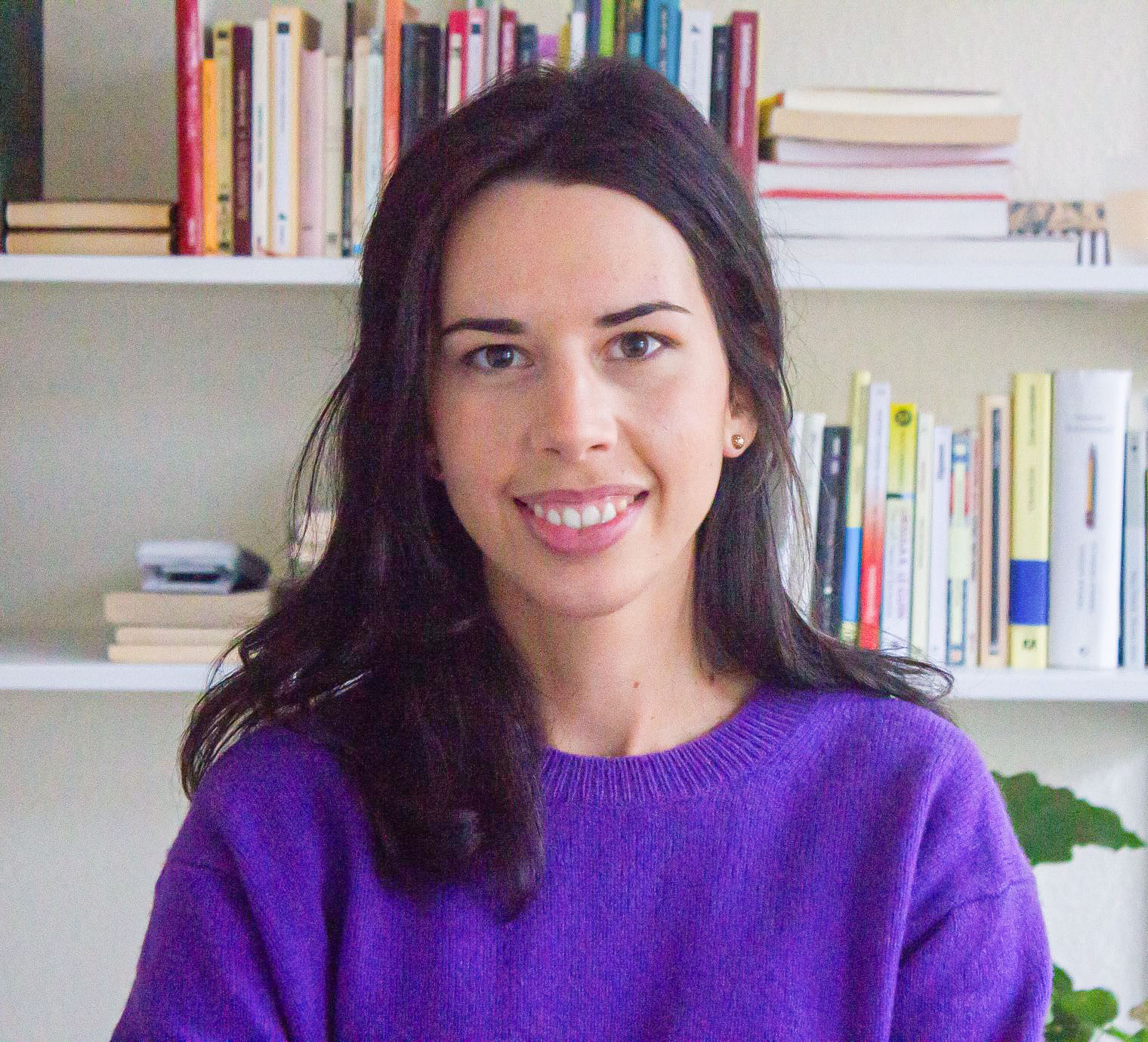News
28.01.2022
Our earliest ancestors worked together on the hunt
Tübingen Early Prehistory and Quaternary Ecology Prize for Lucía Cobo-Sánchez – Spanish archaeologist traces hunting and social behavior 1.84 million years ago
The 24th Tübingen Early Prehistory and Quaternary Ecology prize goes to Dr. Lucía Cobo-Sánchez of Madrid University. The researcher receives the award for her doctoral thesis Taphonomic and spatial study of the archaeological site DS from Bed I in Olduvai Gorge (Tanzania). In this study, she combined classical animal bone studies with machine learning methods and was thus able to show that humans were capable of planning, cooperation and coordinated action 1.84 million years ago.
Lucía Cobo-Sánchez studied archaeology at the Universities of Madrid and Tübingen, specializing in prehistory and archaeozoology. For her Master's degree at the University of Cambridge, she chose Human Evolutionary Studies. She completed her PhD in prehistory at the University of Madrid in 2020. Since 2021, she has been conducting research at the University of Cologne in collaboration with Prof. Dr. Eleftheria Paliou and Dr. Tilman Lenssen-Erz in the project "Modeling Prehistoric Hunting Behavior" funded by the German Ministry of Education and Research.
In her thesis, Cobo-Sánchez addressed the controversial questions of the extent to which people ate meat almost two million years ago and how they obtained it. As the basis for her work, she used the exceptionally well-preserved David's Site at Olduvai Gorge in Tanzania, which she helped excavate. Based on the bones of ungulates, traces of their processing by humans and spatial distribution, she investigated the origin of the site, supported by the use of artificial intelligence.
Cobo-Sánchez showed that small to medium-sized prey were brought to the site whole and dissected there with the help of numerous stone tools. There is little evidence that carnivorous animals helped themselves to the carcasses. This, and the high proportion of young adult animals, leads Cobo-Sánchez to conclude that the animals were deliberately hunted by ambush.
In addition, her work provides basic insights into the social behavior of our early ancestors. Repeated returns to the site over a period of one to two years indicate its use as a central place where food was presumably shared. In addition to hunting prey, people also transported large quantities of raw materials there to make stone tools. "Obviously, planning, cooperation and coordinated behavior were features of close human interaction in this early period," says Cobo-Sánchez. However, the large number of bones and implements found in a small area show behavior that is very different from both other primates and modern humans.
The annual Early Prehistory and Quaternary Ecology Prize is sponsored by the mineral water producer EiszeitQuell and is endowed with 5000 euros prize money. The prize is awarded for the 24th time in 2022.
The award will be presented on Thursday, February 3, 2022 at 11 am in the Fürstenzimmer in Hohentübingen Castle (Burgsteige 11), Tübingen. All are welcome to join the event online; there is no need to register. The event will be recorded.
https://zoom.us/j/97296100980?pwd=K3hpLy9vVjNRNEk4WURaRkd4ZGcyUT09
Meeting-ID: 972 9610 0980
Code: 151333
Lucía Cobo-Sánchez is available for an interview upon request. Please contact us if you are interested: antje.karbespam prevention@uni-tuebingen.de
Contact:
Professor Nicholas Conard
University of Tübingen
Senckenberg Center for Human Evolution and Palaeoenvironment
Institute of Prehistory and Medieval Archaeology
+49 7071 29-72416
nicholas.conardspam prevention@uni-tuebingen.de
Contact for press:
Eberhard Karls Universität Tübingen
Public Relations Department
Dr. Karl Guido Rijkhoek
Director
Antje Karbe
Press Officer
Phone +49 7071 29-76789
Fax +49 7071 29-5566
antje.karbespam prevention@uni-tuebingen.de
www.uni-tuebingen.de/en/university/news-and-publications

